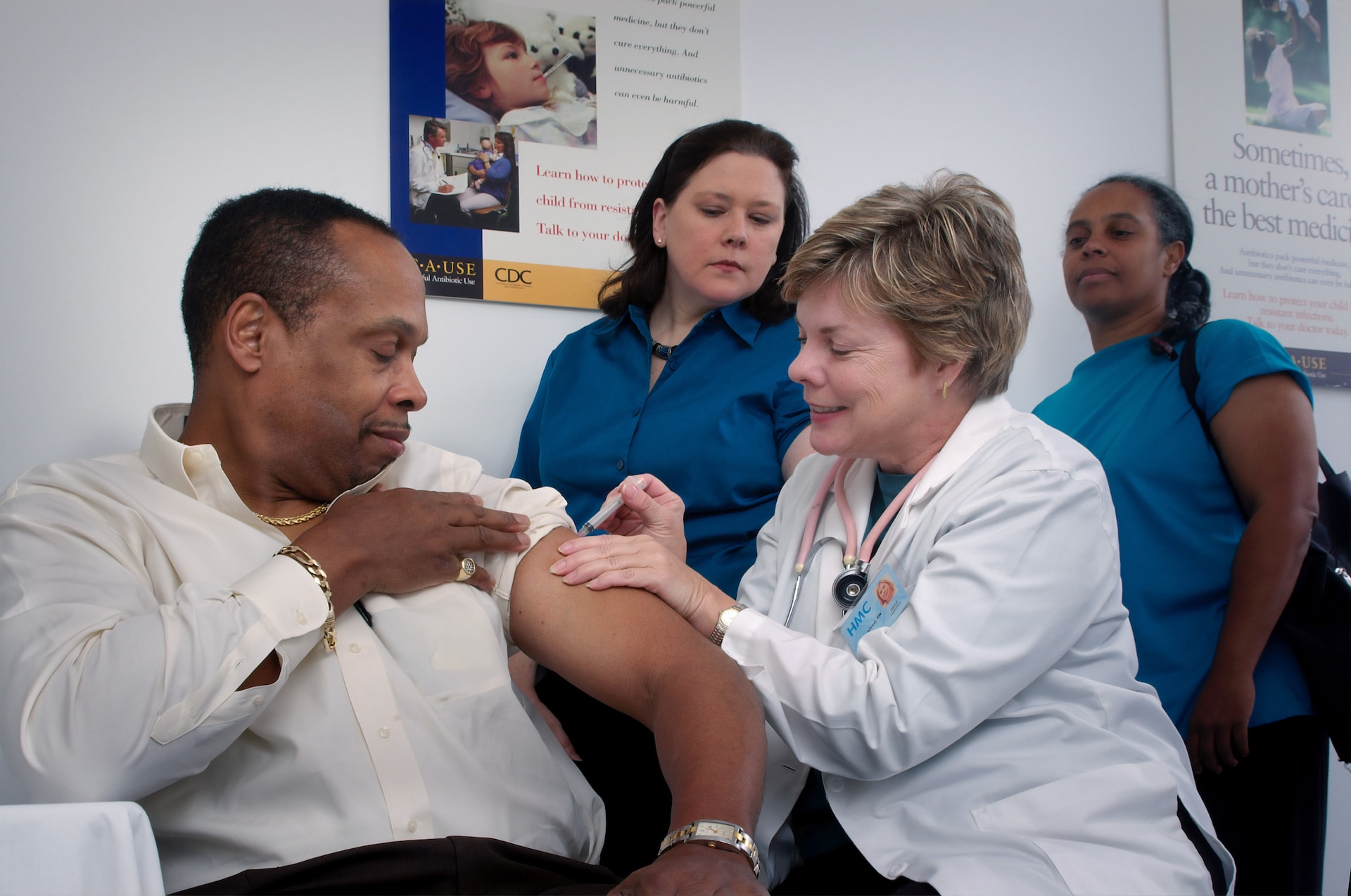Research Explores Why Seniors Are More Likely to Fall
An article in the Wall Street Journal this week focuses on “the science of falls” and lends explanation to some questions about the mental and physical mechanics of falling. Landing more than 2 million elderly in the emergency room in 2010, falls are one of the leading causes of long term care and should be considered as you begin to age.
Scientific Findings
Taking measures to reduce your risk of a fall will help you stay healthier, and ultimately safer, in old age. While home modifications such as hand rails, ramps, brighter light bulbs, and other updates may make a fall[…]
Eating to Prevent Dementia
The prevalence of Alzheimer’s and dementia in our society is an issue that worries many and has scientists conducting a plethora of studies on any and every potential breakthrough. Though there is no guaranteed way to prevent Alzheimer’s and dementia, over the years, many prevention methods have been discovered as effective at reducing the risk.
Effects of Lifestyle
More than 5 million Americans are currently suffering from Alzheimer’s or another form of dementia, which now ranks as the 6th leading cause of death in the United States. Taking an active role in your current and future health can have a big[…]
CDC: 200,000 Preventable Deaths from Heart Disease, Stroke Every Year
One-quarter of yearly deaths from heart disease and stroke are avoidable, according to a recent report from the Centers of Disease Control and Prevention (CDC).
Improvement for Some
The report, released this month, found that 200,000 deaths due to heart disease and stroke in 2010 could have been avoided through lifestyle changes. The rate of avoidable death varied tremendously, however, according to a number of different factors, including race, gender, age, and state.
Researchers found that the highest rates of avoidable deaths were in the Southern states and Washington D.C., while Minnesota had the lowest. Another noticeable discrepancy is that blacks were twice[…]
American Stroke Association Advocates Long Term Care Access for All Stroke Patients
A policy statement released by the American Heart Association and American Stroke Association emphasized the importance of an integrated stroke system, which includes access to long term care services for all stroke patients.
Key Components
 The 25 page policy recommendation was released last week and includes key concepts and components of a modern stroke system. The document emphasizes integration and coordination of the various phases of stroke care in order to create a better functioning stroke system.
The 25 page policy recommendation was released last week and includes key concepts and components of a modern stroke system. The document emphasizes integration and coordination of the various phases of stroke care in order to create a better functioning stroke system.
Dr. Higashida, co-chair of the writing group, explained that the suggested concepts are meant[…]
5 Reasons to Get More Sleep Tonight
A good night’s sleep does a lot more good than just keeping your eyes open for work the next morning. In addition to helping your body ward off the common cold and your brain function better, adequate sleep affects your mental and physical condition in a number of different ways. We gathered 5 of the most important ways sleep benefits your health and included some tips for better sleep, too!
5 Reasons to Get More Sleep Tonight
1) Improve Memory – Studies have shown that adequate sleep helps[…]
National Alzheimer’s Plan Updated to Include Assisted Living in Long Term Care
The Department of Health and Human Services recently made adjustments to the National Plan to Address Alzheimer’s Disease. These adjustments are part of an effort to understand the importance of caregiving for Alzheimer’s and dementia patients within assisted living facilities and similar care settings.
Patients in Assisted Living Facilities 
In the initial text of the plan, assisted living facilities were not included in the list of care settings. The recent update addresses this type of facility as a separate long term care setting and details a new[…]









 Reviews of each company’s financial stability ratings, claims experience, and size.
Reviews of each company’s financial stability ratings, claims experience, and size. A side-by-side comparison of each company’s policy features. We cover the similarities and the differences.
A side-by-side comparison of each company’s policy features. We cover the similarities and the differences. Price comparisons customized to suit your specific needs from top carriers such as Nationwide, Thrivent, New York Life, National Guardian Life, Mutual of Omaha, and more.
Price comparisons customized to suit your specific needs from top carriers such as Nationwide, Thrivent, New York Life, National Guardian Life, Mutual of Omaha, and more.